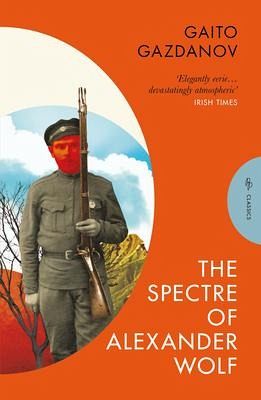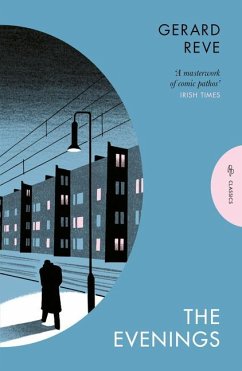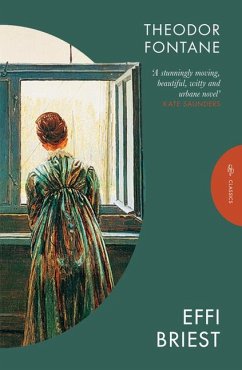
The Spectre of Alexander Wolf
Versandkostenfrei!
Sofort lieferbar
8,99 €
inkl. MwSt.

PAYBACK Punkte
4 °P sammeln!
A superb early postmodern classic by one of Nabokov's fellow émigré writers, rediscovered after more than half a century "This psychological novel takes stock of death, war, violence and the guilt that undergirds it all." -- The New York Times Book Review A man comes across a short story which recounts in minute detail his killing of a soldier, long ago - from the victim's point of view. It's a story that should not exist, and whose author can only be a dead man. So begins the strange quest for its elusive writer: "Alexander Wolf." A singular classic, The Spectre of Alexander Wolf is a psych...
A superb early postmodern classic by one of Nabokov's fellow émigré writers, rediscovered after more than half a century "This psychological novel takes stock of death, war, violence and the guilt that undergirds it all." -- The New York Times Book Review A man comes across a short story which recounts in minute detail his killing of a soldier, long ago - from the victim's point of view. It's a story that should not exist, and whose author can only be a dead man. So begins the strange quest for its elusive writer: "Alexander Wolf." A singular classic, The Spectre of Alexander Wolf is a psychological thriller and existential inquiry into guilt and redemption, coincidence and fate, love and death













